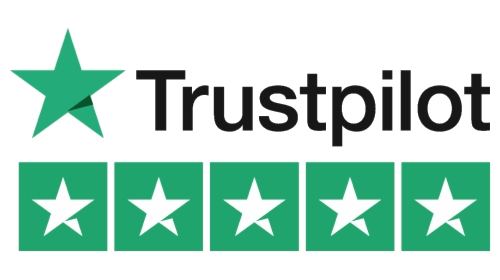In the realm of business financing, small business owners often find themselves at a crossroads, deciding between bank loans and alternative funding options. The modern landscape of finance has evolved, presenting more diverse opportunities to access capital. Among these, working directly with a direct funder in alternative finance has garnered significant attention. But why should entrepreneurs consider this route?
The Landscape: Alternative vs. Bank Loans
What many business owners consider a traditional bank loan or business loan, they think about loans from established financial institutions that are characterized by a lengthy approval process, strict credit score requirements, and often require real estate or other tangible assets as collateral.
But what about alternative financing? This refers to non-bank funding options, encompassing a variety of financial products from alternative funders, like merchant cash advances, lines of credit, and invoice factoring. These options are particularly enticing to startups, businesses with limited credit history, or those seeking short-term solutions.
Get Funded Now
Direct vs. Indirect Funding: The Main Differences
Before diving into the advantages of direct funding, it’s crucial to distinguish between direct and indirect funding.
Direct Funding: This comes from a direct lender or direct funder who provides the capital straight to the borrower. In the context of alternative finance, direct funders manage their underwriting, offering a more streamlined application process.
Indirect Funding: Involves intermediaries, like brokers or agents, who facilitate the loan or funding between the business and the funder. While they can help businesses find potential lenders or alternative funders, they might add an extra layer of complexity and cost to the process.
Why Choose Alternative Funding?
Flexibility: Alternative funding often has more flexible repayment terms*, allowing businesses to choose a repayment structure that aligns with their cash flow.
Easier Approval Process: Businesses might not have the credit score demanded by banks. Alternative funders often look beyond just the credit score, considering other factors like revenue (which can be from credit card sales or not), profitability and business needs.
Diverse Options: From merchant cash advances for immediate cash requirements to invoice factoring where businesses sell their invoices for upfront cash, there are numerous funding options tailored to different business needs.
Advantages of Working Directly with a Direct Funder in Alternative Finance
Simplified Application Process: Direct lenders typically offer a quicker and more straightforward application process, as there are no intermediaries involved. Compared to a loan application, which can take weeks or months, alternative financing can take just minutes to complete and funding can be in your account in hours.
Potentially Lower Cost: Without the need to pay commissions or fees to intermediaries, going direct may offer more competitive interest rates, as well as lower fees.
Transparency: Working directly can eliminate potential misinformation or communication gaps. Businesses can discuss terms, conditions, and any concerns directly with their funder.
Customized Solutions: Direct funders might offer a more personalized approach, understanding the type of business and tailoring the type of financing accordingly be it for working capital or other needs.
The Flip Side: Disadvantages of Direct Funding
Short-Term Nature: Many alternative solutions, like merchant cash advances, are short-term. This means businesses need to be prepared for quick repayments.
Indirect Financing: Pros and Cons
While indirect financing introduces an intermediary, it’s not without its merits.
Advantages:
Broader Access: Brokers can introduce businesses to a wide range of alternative funders as well as traditional lenders, increasing the chances of securing funding.
Expertise: Some brokers offer expert advice, helping businesses find the best small business loan or alternative funding options.
Disadvantages:
Added Costs: Intermediaries need to be compensated, usually translating to higher costs for the business.
Longer Process: The presence of an intermediary might lengthen the process.
In Conclusion: Navigating the Lending Maze
For many small business owners, direct funding in alternative finance presents an enticing opportunity, especially when they’re looking for tailored solutions, transparent discussions, and a simplified business funding process. However, it’s essential to weigh the pros and cons, understand the business’s financial needs, and choose the financing option that aligns best with long-term goals.
Whether it’s traditional financing like SBA loans or traditional bank loans, or alternative financing like crowdfunding platforms, venture capital, or MCAs, the landscape of business funding is vast. But in the maze of financial decisions, working directly with a direct funder in alternative finance stands out as a promising path for many entrepreneurs.
*Repayment in this context describes the process of repurchasing a merchant cash advance. It does not describe the process of repaying a loan. MCAs are legally distinct from loan products.






